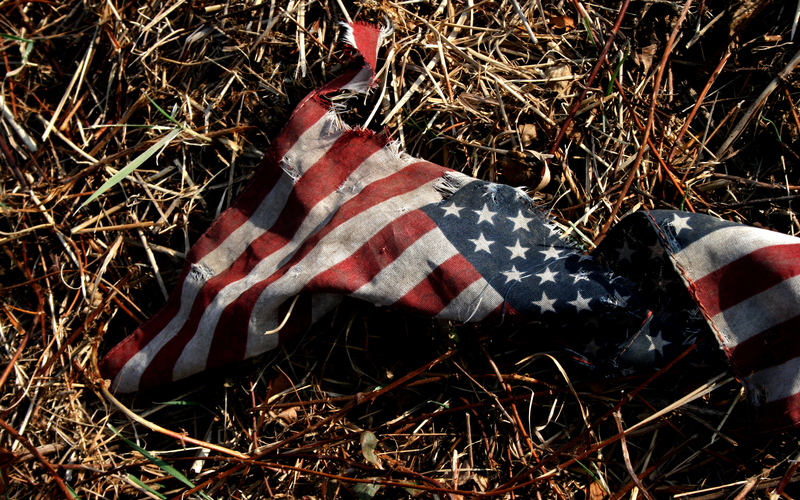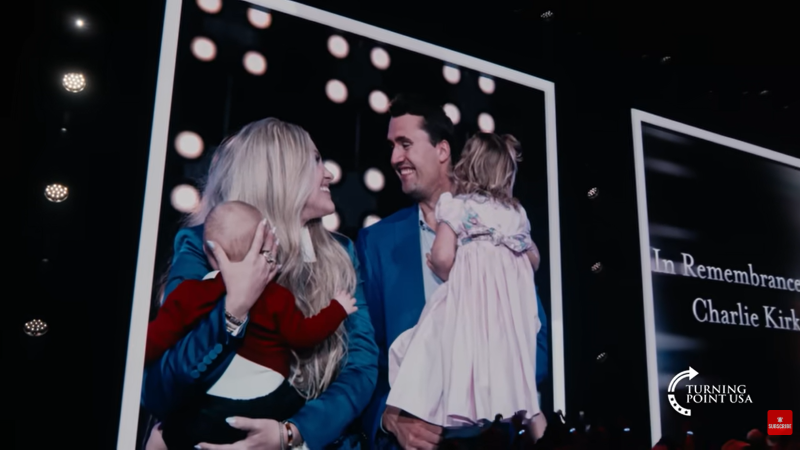Winning the Battle
Sign up for a six month free
trial of The Stand Magazine!
Recently, my sister gave me a book that she believed I would love: A Hobbit, a Wardrobe, and a Great War by Joseph Loconte.
She was right!
The title alone grabbed my attention, since I love the literary works of Tolkien and Lewis immensely. But the book’s lengthy subtitle intrigued me the most: How J.R.R. Tolkien and C.S. Lewis Rediscovered Faith, Friendship, and Heroism in the Cataclysm of 1914-1918.
As a retired English teacher, I was already familiar with the friendship shared by Tolkien and Lewis, but I knew very little about how that friendship began. And even with my lifelong love of history, I knew almost nothing about either man’s experiences in World War I (WWI).
So, I was hooked; I had to read this book and discover how the “war to end all wars” influenced the lives and works of Tolkien and Lewis.
In the first pages of A Hobbit, a Wardrobe, and a Great War, Loconte explored the mindset of WWI soldiers (including Tolkien and Lewis) by outlining in great detail from numerous sources how America (and the world, in general) was thinking at that time. In many respects, the world had reached a point where it truly believed that mankind had conquered the worst of human nature.
It reminded me of Galadriel’s words about lost knowledge in The Lord of the Rings: The Fellowship of the Rings, “And some things that should not have been forgotten were lost. History became legend. Legend became myth.”
Yes, I knew about trench warfare and the unbelievable horrors experienced by soldiers in those WWI trenches. The sights and smells tormented many of those men for decades, and most had a hard time ever describing the truly inhumane things they experienced as soldiers. But what I did not really realize was just how unprepared for this atrocity the men of that era were, due, in a large part, to the times in which they lived.
It made sense, since the first years of the 20th century, also known as the Industrial Age, were a miraculous time of human invention. All facets of life, from medicine to manufacturing and even to farming, were newly improved and mechanized.
Surely … thought the world … mankind would never delve into the darkness and degradation of war ever again.
Also of note, for the first time in history, large groups of people began to see no need for God at all. Atheism was on the rise; the new, improved, and industrialized man was his own god.
Or so they thought.
But, as Loconte wrote, “No person fully escapes the assumptions of his age.”
The erroneous assumptions of the Industrial Age led the entire newly mechanized world to the precipice of a great fall, resulting in the deaths of around 40 million WWI soldiers and civilians combined.
Yet, Loconte’s account of the world prior to WWI seemed eerily like our modern age of computerized, artificial intelligence.
I could not help but ask myself repeatedly, “Are we also destined for a disastrous fall, even greater than that of World War I?”
With each consecutive chapter of Loconte’s book, my answer to my own question was always a decisive “Yes.”
Think about it!
Currently, it is almost impossible to distinguish between AI-generated or enhanced photographs, even pictures of family members. Our videos are also edited so well and made so lifelike that even the speakers added into those AI-created films might be confused.
And don’t forget the new writing apps that allow students to generate poems, stories, and entire college-level essays from a given topic and a few set parameters. They are so accurate that teachers now must download apps (and continue to download newer versions) to detect those AI-generated homework assignments.
Literally, nothing is real (or sacred) anymore. Everything and every person can be “created” by a computer for the right price. So, who’s to say that one day soon, a computer might “create” a newer, improved version of a god for our prideful, sin-sick world to download and worship when and how we choose?
If that sounds too far-fetched or ridiculous, keep in mind that both Tolkien and Lewis explored what the worst of a civilization (even imaginary ones) can do to itself when evil is given free rein over the thrones of inhabitants’ lives.
In fact, one of the most important lessons I ever taught my students in my 23 years of teaching came from C.S. Lewis and his story of a world in which a fake god tried to replace the one, true God.
Of course, by junior high and early high school, most of my students had already read The Lion, the Witch, and the Wardrobe. So, instead of rereading that beloved classic, I chose to read the last of the seven books in The Chronicles of Narnia with my students, titled The Last Battle.
As the culmination of Lewis’ allegorical series, this story details the final fate of Narnia as a fake Aslan arises and the realm’s last king fights to save it from the destruction concocted from within the kingdom.
Inevitably, my students marveled at my tears as I read aloud about the dramatic end of Narnia, always wondering why I cried about the silly story of an ape named Shift and a donkey named Puzzle.
“It’s just a story of make-believe animals, Ms. Lucius,” they exclaimed. “Why are you crying?”
“No, it’s not. It’s so much more,” I answered. “It’s our story, the story of mankind, of you and me and all the choices – good and bad – that we make in life. And where those choices take us in the end.”
Then, every single time, year after year, without fail, some student would whisper in awe, “It’s about Jesus, isn’t it, Ms. Lucius?”
All I could do was nod my head, wipe my eyes, and pray that the Holy Spirit would take that moment of reckoning and sear it into every precious soul sitting in that public-school classroom.
In my heart, I wanted each of my students to be able to one day speak the words from The Last Battle spoken by Jewel the Unicorn when he entered Aslan’s real country:
I have come home at last! This is my real country! I belong here. This is the land I have been looking for all my life, though I never knew it till now. The reason why we loved the old Narnia is that it sometimes looked a little like this. Bree-hee-hee! Come further up, come further in!
I still pray that same prayer whenever I think of my students. I pray that they surrender their hearts to Jesus, no matter how hard the battles of life become.
But when I grow weary of praying, or my hope for those students grows dim, I recall the encouraging words of Mr. Beaver in The Last Battle, “But courage, child: we are all between the paws of the true Aslan.”
And thankfully, Jesus Christ, the true Lion of Judah, has already won the greatest and last battle for us - if only we are wise enough to recall and humble enough to heed the lessons of Lewis, Tolkien, and WWI.

Sign up for a free six-month trial of
The Stand Magazine!
Sign up for free to receive notable blogs delivered to your email weekly.



















